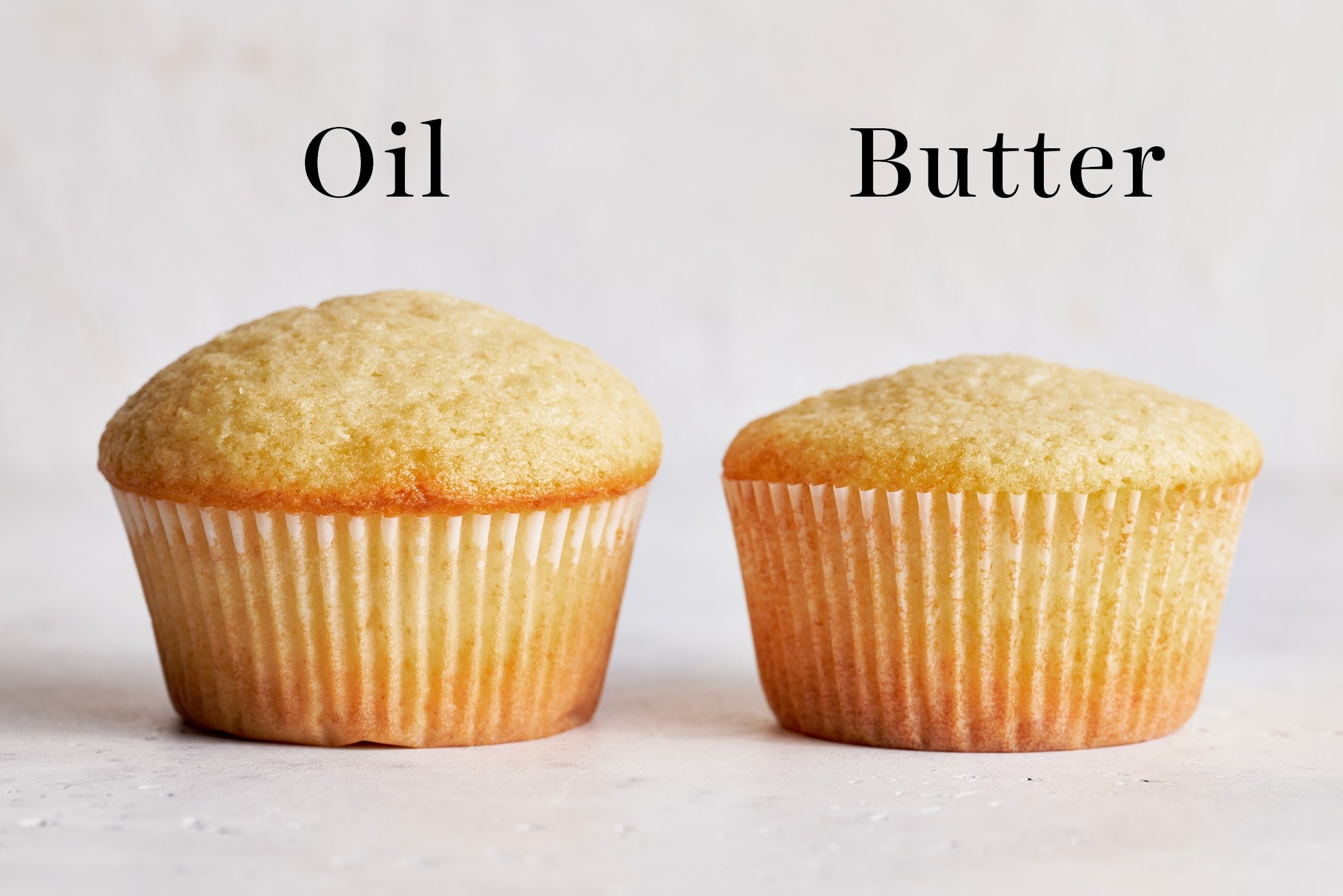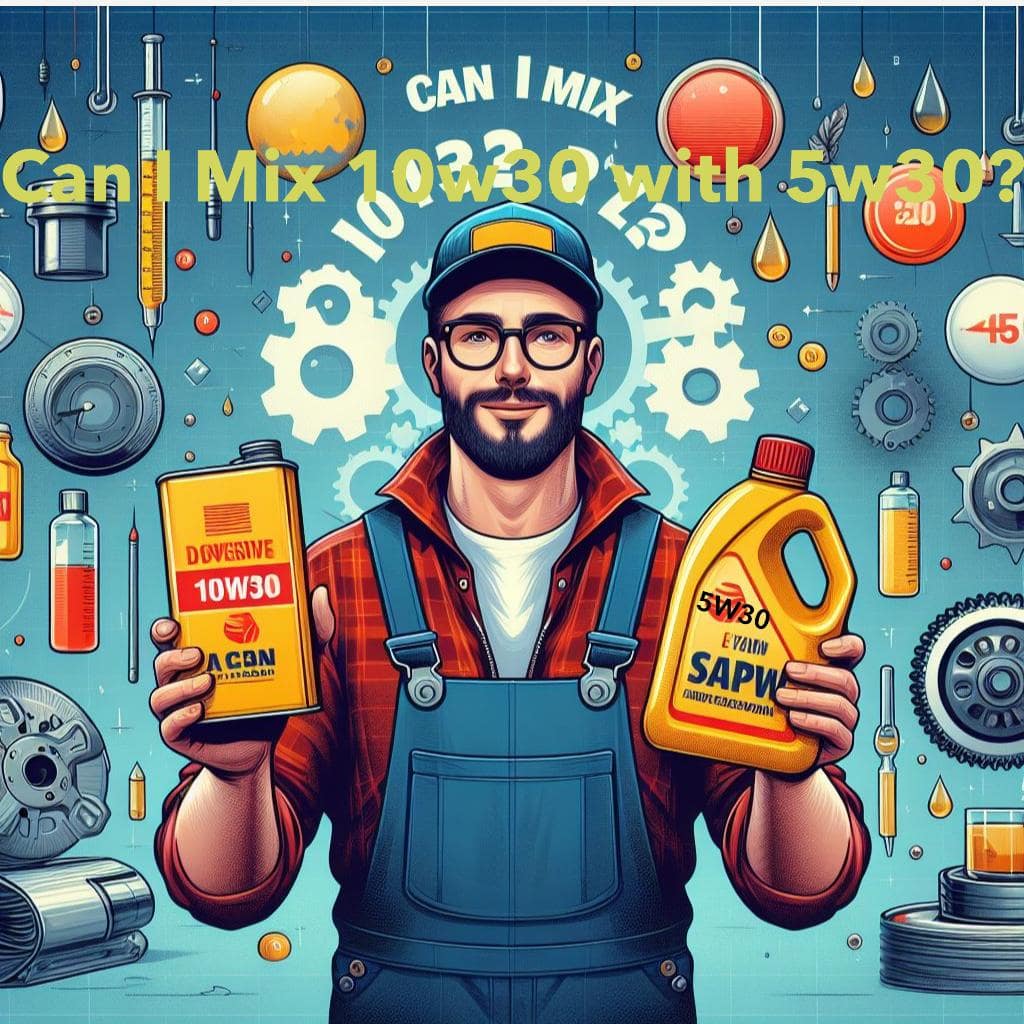Mixing oil and grease changes the ratio of base oil to thickener, leading to lower consistency. This may cause serious system issues due to viscosity differences.
When lubricants are mixed, combining different oil brands can compromise performance by introducing contaminants from used oil. It is crucial to avoid mixing oil and grease to maintain the stability and effectiveness of lubrication in machinery. Once base oils and thickeners are combined, the resulting grade may not meet the necessary specifications, potentially causing operational problems.
Understanding the consequences of mixing oil and grease helps prevent costly damage and ensures optimal performance in lubrication systems. Proper maintenance includes avoiding the inadvertent combination of incompatible lubricants to uphold machinery efficiency.
Chemical Reactions
Mixing oil and grease can result in chemical reactions that can have potentially hazardous consequences. Understanding these chemical interactions is crucial to avoiding any mishaps.
Understanding The Chemical Interaction
- When oil and grease are mixed, they can undergo a chemical reaction due to the different compositions and properties of each substance.
- The interaction between oil and grease can lead to changes in viscosity, lubrication properties, and overall performance.
- It is essential to be aware of the potential reactions that can occur when mixing these substances to prevent any adverse effects.
Potential Hazards of Mixing Oil and Grease
- One of the main hazards of mixing oil and grease is the alteration of the intended properties of both substances, which can affect their effectiveness.
- Chemical reactions between oil and grease can result in the formation of harmful by-products that may be detrimental to machinery or equipment.
- Improper mixing of oil and grease can lead to equipment malfunctions, decreased performance, or even system failure.
Environmental Impact
Mixing oil and grease can have negative environmental impacts. When these substances combine, they can pollute water sources and soil, leading to the contamination of ecosystems and harm to wildlife. It is important to handle and dispose of oil and grease properly to minimize their environmental impact.
Effects On the Ecosystem
When it comes to mixing oil and grease, the environmental impact can be significant. The release of these substances into the environment can have various effects on the ecosystem.
Toxicity And Health Concerns
Oil and grease are not only harmful to the environment but can also pose a risk to human health. The base oils and additives that make up lubricants can have catastrophic effects on the environment and be toxic to your health. It is important to be aware of the potential health concerns associated with the mixing of oil and grease.
Effects On the Ecosystem
The effects of mixing oil and grease on the ecosystem can be far-reaching. These substances can contaminate soils, water bodies, and even the air. When released into water bodies, oil and grease can form a layer on the water surface, preventing oxygen from entering the water and harming aquatic life. This can have a detrimental impact on aquatic ecosystems, leading to the death of fish and other marine organisms. Additionally, the presence of oil and grease in soils can inhibit plant growth and disrupt soil microorganisms. This can impact the overall health and productivity of ecosystems, including agricultural systems. The release of oil and grease into the air can also contribute to air pollution, which can have negative effects on both human and animal health.
Toxicity And Health Concerns
Mixing oil and grease can lead to toxicity and health concerns. The chemicals present in lubricants can be toxic to humans and other living organisms. Exposure to these substances can result in respiratory issues, skin irritation, and even more serious health problems. Moreover, the ingestion of oil- or grease-contaminated food or water can be harmful to human health. The contaminants present in these substances can accumulate in the body over time, leading to long-term health effects. To ensure the safety of both the environment and human health, it is important to handle and dispose of oil and grease properly. This includes avoiding the mixing of different oils and greases, as this can result in the release of harmful substances into the environment. In conclusion, mixing oil and grease can have significant environmental and health impacts. It is crucial to be aware of the potential consequences and take appropriate measures to prevent or minimize any harm. Proper handling, disposal, and adherence to safety guidelines are essential in mitigating the risks associated with the mixing of oil and grease.
Industrial Machinery
Industrial machinery relies heavily on lubricants such as oil and grease to ensure optimal performance and prevent wear and tear. However, what happens if these lubricants are mixed? Let’s explore the consequences and the impact it can have on machinery performance:
Consequences Of Mixing Lubricants
Mixing different types or brands of lubricants can lead to serious consequences. When used oil, which contains contaminants and impurities from machinery operation, is mixed with new oil, it can cause instability and compromise overall lubricant performance. This compromise in performance can result in inadequate lubrication, increased friction, and potential damage to the machinery.
Impact On Machinery Performance
When oil and grease are mixed, the ratio between the thickener and base oil changes. This alteration can lead to a lower consistency grade, which, when combined with factors like viscosity, can have detrimental effects on the machinery’s performance. Inadequate lubrication can cause increased friction, overheating, and accelerated wear and tear on critical components of the machinery.
In addition, mixing oil and grease can result in the formation of unwanted sludge and deposits that can clog lubrication channels and hinder the smooth functioning of the machinery. These deposits can act as abrasive particles, causing further damage to the machinery over time.
Furthermore, the compatibility of additives present in different lubricants can also be affected when they are mixed. This can result in a loss of lubricant properties, reduced corrosion protection, and compromised overall performance.
It is crucial to strictly adhere to the manufacturer’s recommendations for lubricant usage and avoid mixing different lubricants to ensure the longevity and optimal performance of industrial machinery.

Credit: www.tasteofhome.com
Mechanical Applications
Mixing oil and grease in mechanical applications can lead to disastrous consequences. The ratio between thickener and base oil may alter, causing issues like lower consistency and potential system failures. It’s crucial to avoid mixing different lubricants to maintain optimal performance and avoid instability in machinery operations.
Common Issues in Automotive Use
In automotive applications, mixing oil and grease can lead to an increase in friction due to inadequate lubrication. This can result in premature wear of engine components and reduced performance. Moreover, contaminants and impurities from the machinery can cause instability when mixed with new oil.
Read More: Use of Engine Oil and Grease in Motor Vehicles
Implications For Heavy Machinery
When it comes to heavy machinery, combining oil and grease can have dire consequences. Adding oil to grease can alter the consistency of the lubricant, leading to issues with viscosity and system failures. Mixing different oil brands may also compromise lubricant performance and reduce efficiency.
Mitigation Strategies
Best Practices in Handling Oil and Grease
Ensure separate storage and clear labeling of oil and grease containers.
- Regularly inspect and maintain equipment to prevent leaks.
- Use proper handling techniques during oil and grease application.
Avoiding Mixing Lubricants
Always use lubricants from the same brand to maintain optimal performance.
- Dispose of used oil properly to avoid contamination.
- Consult the manufacturer’s guidelines before mixing any lubricants.
Read More: How to Choose Grease for Automotive Use?

Credit: www.mustelausa.com
Expert Insights
Mixing oil and grease can lead to disaster as it changes the consistency grade, causing severe issues within the system. Most greases are not reversible, meaning the base oil won’t be absorbed back into the thickener. Additionally, mixing different oil brands may compromise lubricant performance and cause instability.
Understanding the potential consequences of mixing oil and grease is crucial for maintaining optimal machinery performance. When it comes to this topic, it’s essential to consider industry recommendations and insights from lubricant professionals. Let’s dive deeper into these expert insights.
Industry Recommendations
The industry recommends against mixing different oil and grease products. This is because the combination of different additives, base oils, and viscosities can lead to a decrease in lubricant performance. Used oils also contain impurities that can compromise the stability and effectiveness of new oils. To ensure the best results, always use the same brand and type of lubricant when adding oil or grease to your machinery.
Insights From Lubricant Professionals
Lubricant professionals emphasize that mixing oil and grease can result in serious issues within a machinery system. When oil is added to grease, the ratio between the thickener and base oil changes, leading to a grade with lower consistency. This change, combined with factors like viscosity, can lead to decreased lubrication efficiency and potential equipment failure.
Additionally, it’s worth noting that greases are generally non-reversible, meaning that the base oil will not be absorbed back into the thickener. This makes it even more important to avoid mixing oil and grease, as it can create a thick paste that further hampers lubrication effectiveness.
To prevent any potential disasters, it is recommended to stick with using grease on its own and avoid mixing it with oil. Always consult with lubricant professionals for specific guidance on the appropriate lubrication practices for your machinery.
Read More: Is Grease an Oil? What are Specialty Greases?

Credit: handletheheat.com
Frequently Asked Questions for What Happens If You Mix Oil And Grease
Does Grease Dissolve in Oil?
Yes, grease can dissolve in oil, as most greases out there dissolve in oil.
Is Oil and Grease Toxic?
Oil and grease can be toxic due to harmful base oils and additives that can harm health and the environment.
Can You Grease with Oil?
Yes, you can grease with oil. Olive oil, canola oil, coconut oil, or butter can be used to grease pans. However, it is not recommended to mix different types of oil or grease together as it may compromise the performance of the lubricants.
Mixing oil and grease changes the ratio of the base oil to the thickener, resulting in a lower consistency grade.
What Happens If You Mix Lubricants?
Mixing lubricants, such as oil and grease, is not recommended as it can compromise performance. Used oil may contain contaminants that can cause instability when mixed with new oil. It is best to avoid mixing lubricants to prevent potential issues within the system.
Conclusion
Mixing oil and grease can lead to disastrous consequences due to changes in consistency and performance. It’s crucial to avoid this practice as it can impact machinery operation and safety. Understanding the risks involved in combining different lubricants is essential for optimal performance and longevity.


